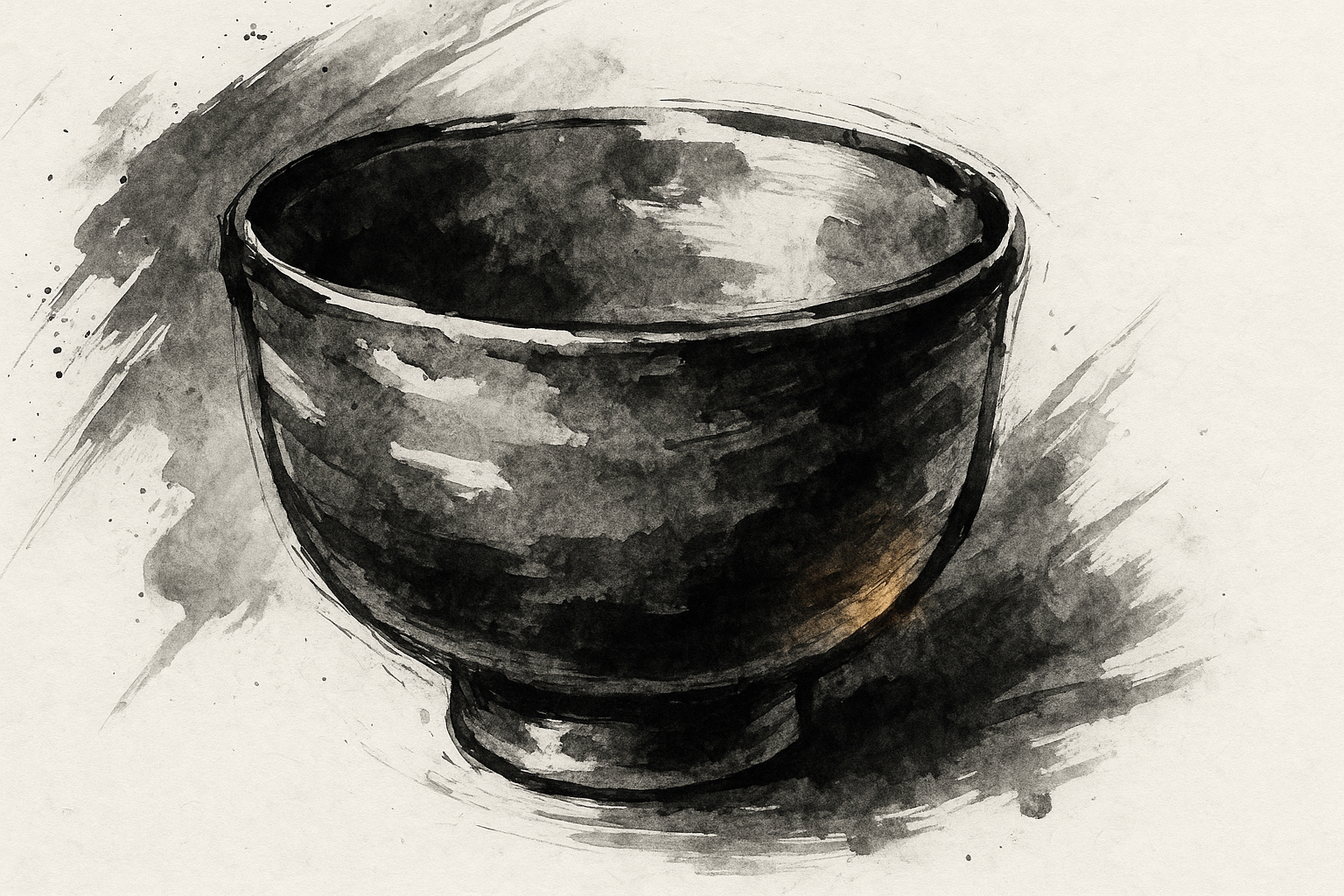Investing in Music Royalties: Samurai Lessons on Non-Traditional Assets
Introduction: A New Wave in American Finance
In today’s U.S. financial markets, investors are looking beyond traditional stocks and bonds. Music royalties, art, and cultural IP are becoming attractive new assets. These investments provide steady income, portfolio diversification, and unique cultural value.
Surprisingly, this is not a new idea. In 16th-century Japan, samurai warlords like Oda Nobunaga and Toyotomi Hideyoshi understood the power of culture. They treated tea utensils as valuable assets—symbols of authority, tools for diplomacy, and rewards for loyal service.
⸻
Why Music Royalties Are Rising in Popularity
• Steady Cash Flow: Every time a song is streamed or used in media, royalties are paid.
• Diversification: Non-traditional assets reduce reliance on stock market cycles.
• Cultural Value: Owning rights to famous music connects investors to cultural prestige.
Just like a rare tea bowl in the Sengoku period, a catalog of hit songs today can become a status symbol as well as a financial instrument.
⸻
Samurai and Tea Utensils: A Historical Parallel
• Diplomatic Gifts: Nobunaga exchanged tea utensils as symbols of alliance.
• Rewards for Service: Hideyoshi often granted prized tea containers as rewards instead of land.
• Cultural Capital: Possessing a famous tea bowl gave a warlord status and legitimacy.
In both cases—tea utensils then, music royalties now—the true value lies in cultural meaning plus scarcity.
⸻
Lessons for Modern Investors
1. Cultural assets can hold real financial power.
2. Scarcity increases prestige and value.
3. Symbolic capital can strengthen trust and alliances.
Just as samurai used tea culture to build political power, investors today use music royalties and art to build financial and cultural influence.
⸻
Conclusion
Investing in non-traditional assets like music royalties may sound modern, but the strategy is ancient. From Nobunaga’s tea utensils to today’s digital rights, culture has always been a form of hidden wealth and power.
In finance—just like in samurai strategy—the strongest assets are often those that combine money with meaning.
Follow us on X for daily Samurai & Personal Finance insights → @zenfinance1101



Comments